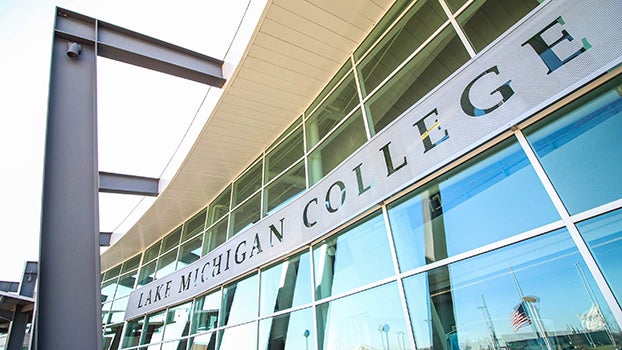Questions follow report of dismissal
Published 9:16 am Friday, September 4, 2009
By JESSICA SIEFF
Niles Daily Star
Questions may abound after reports were made that the Niles Housing Commission was in the midst of dismissing a lawsuit filed in the effort to evict a resident determined to be growing marijuana on public housing property.
Though those reports state that counsel on behalf of both sides confirmed the dismissal, clarification regarding the situation of marijuana growth on what is ultimately federally governed property, may give some hint of what can be expected to happen regarding the situation in the future.
It was in July that the commission was faced with the question of how to deal with the situation of Michigan’s relatively new law legalizing the growth of marijuana for medicinal purposes.
That is when officials were made aware that a resident identified as Steve Allain was growing marijuana in his home, a housing unit owned by the Niles Housing Commission.
Under the recently passed state law, Allain, who grows the drug for medicinal purposes, would have been within his rights to have the plants growing at his residence.
However, the matter of the property being owned by the Niles Housing Commission, and thereby subjected to federal rules by the United States Department of Housing and Urban Development ultimately supercedes any state law.
“The federal position,” said Louis Berra, director of HUD’s Grand Rapids field office, “the policy has not changed.”
That policy remains that under no circumstances are marijuana plants allowable on HUD property. “It’s up to management, that no plants are being grown within the unit,” Berra said.
The commission served an eviction notice to Allain in July. That eviction came with a time period of 14 days for him to comply before the matter would see its way to the courts. Executive director Mary Ann Bush stated at that time that the commission would seek legal action regarding the eviction if it were not adhered to.
It wasn’t.
Local governments, law enforcement officials and municipalities statewide have been working through the new state law since it was voted for by a majority last November, trying to walk a delicate line between allowing the growth and use of medicinal marijuana and keeping it from becoming a societal problem.
Still, as it seems, the matter comes down to policy. Berra said he was not aware of the report that the commission was dismissing the case. “It has not been brought to my attention,” he said. It is important to note, however, that such dismissals can be a matter of procedure in the case that counsel is making preparations for a re-file.
It would seem, in looking at the issue from the federal level, the commission may have no other option than to do just that – should it not want to put itself in jeopardy when it comes to HUD regulations.
“The federal law it very clear,” Berra said. “It’s not allowed.”






